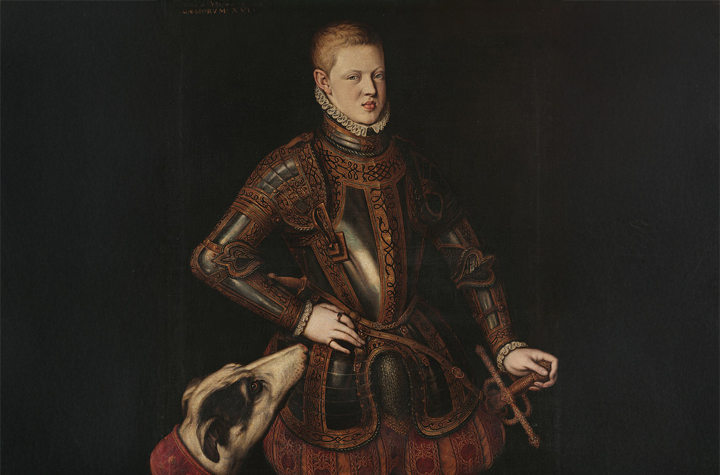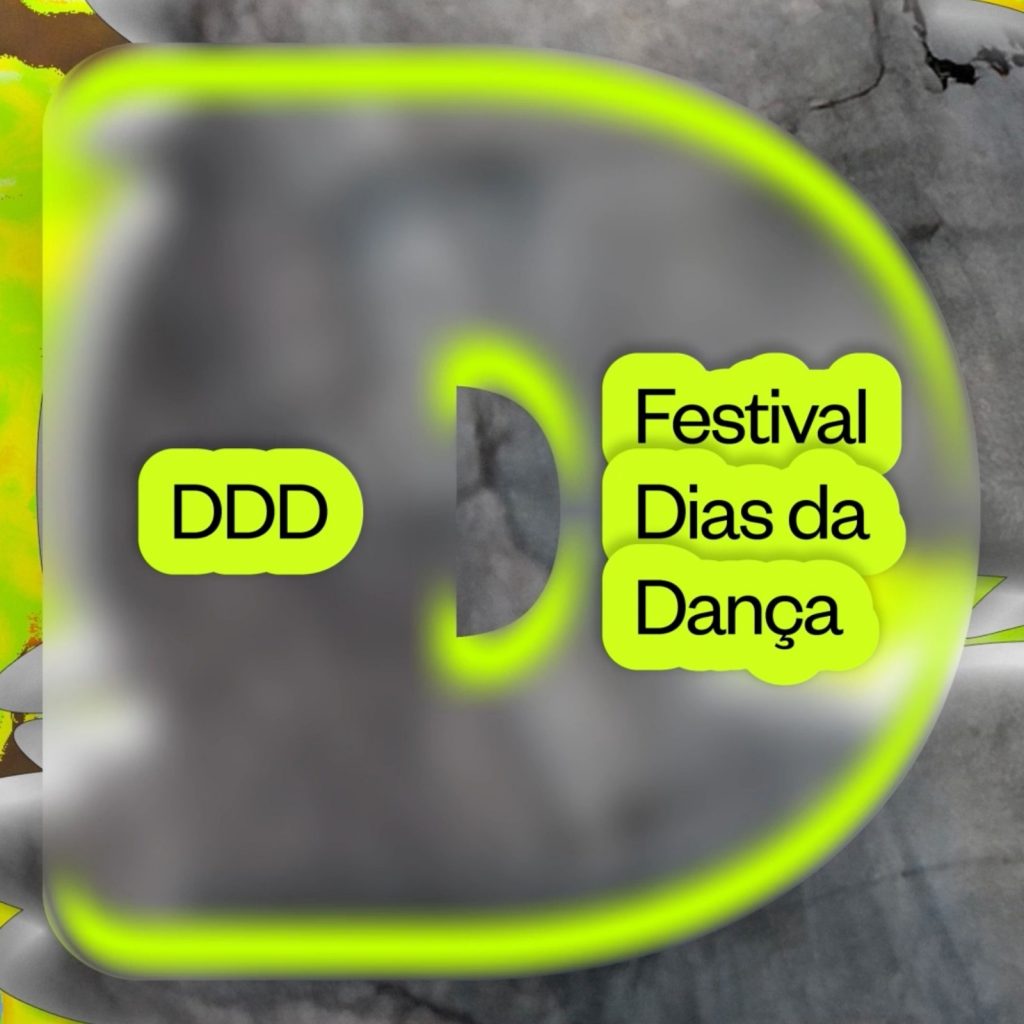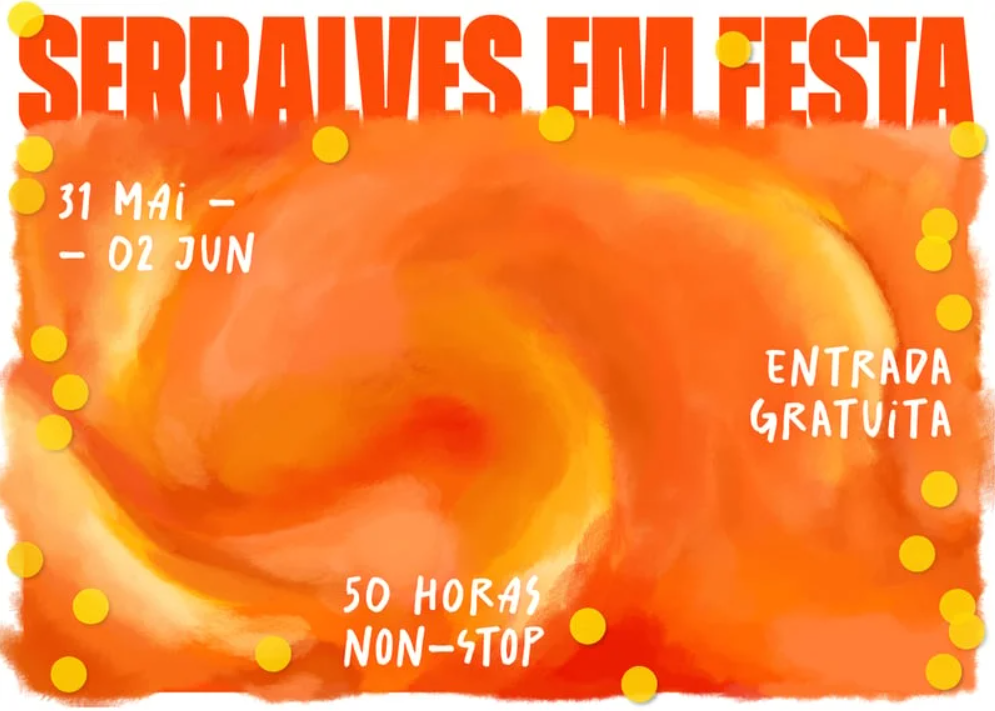José Saramago (1922-2010) was one of the greatest novelists of the Portuguese language and the only Portuguese author to receive the Nobel Prize for Literature, in 1998. Born in Azinhaga, a small village in Ribatejo Province, Saramago came from a humble family with great financial difficulties, which is why he was never able to complete his studies. However, it did not stop him from becoming an avid and self-taught reader, developing a unique and distinctive literary style.
His first novel, “Terra do Pecado” (“Land of Sin”, published in 1947), did not have a great impact and therefore Saramago returned to publishing fiction only during the 1970s, after pursuing a career as a journalist, translator and editor. Literary recognition came with “Levantado do Chão” (“Raised from the Ground”, 1980), which portrays the oppression of rural workers and in which he began to use his characteristic and unique style: deep and universal themes, long paragraphs and extensive sentences where traditional punctuation is often replaced by commas to mark the flow of speech, so the dialogue is inserted into the text without dashes, creating an effect of orality and continuous rhythm. This stylistic approach gives his narratives an almost mythical tone, approaching oral tradition and the stream of consciousness. Magical realism and social criticism mark some of his works such as “Memorial do Convento” (Published in 1982, its name in Portuguese literally means “Memorial of the Convent”, though its English edition is titled ”Baltasar and Blimunda”), which consecrated him internationally, and “O Ano da Morte de Ricardo Reis” (“The Year of the Death of Ricardo Reis”, 1984), a novel that revisits Fernando Pessoa’s heteronyms.
Saramago remained steadfast in his ideological commitment, with affinity to communism, throughout his life, and his critical perspective on society garnered both admiration and significant controversy. For instance, his work “O Evangelho Segundo Jesus Cristo” (1991), which describes a humanized and controversial vision of the figure of Christ, sparked considerable public outcry within traditional Portuguese Catholic society. Despite that, Saramago continued his exploration of political, historical and existential themes, and his work, “Ensaio sobre a Cegueira” (Published in 1995, its name in Portuguese means, literally, “Essay on Blindness”, while the English edition sufficed with “Blindness”), a powerful allegory about the fragility of civilization and human behaviour in extreme situations, is an example of that. It was precisely his ability to revisit history and society, in a critical and imaginative way, that led Saramago to be awarded the Nobel Prize for Literature in 1998; The Swedish Academy highlighted his ability to “make an illusory reality comprehensible”, as well as his commitment to humanity.
From the 1990s onward, Saramago chose self-exile in Lanzarote, Spain, mainly because of significant controversy his work “O Evangelho Segundo Jesus Cristo” (“The Gospel According to Jesus Christ”, 1991) generated in Portugal. He remained there, continuing to write until his passing in 2010 at the age of 87. His literary legacy remains fundamental to world literature, challenging readers to reflect mainly on the human condition.



